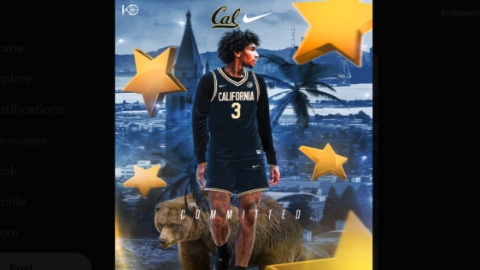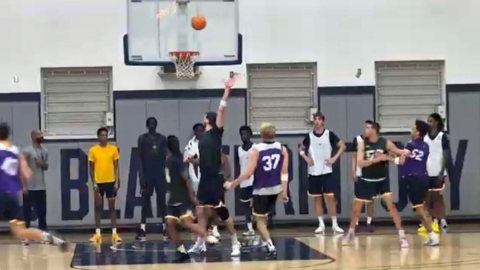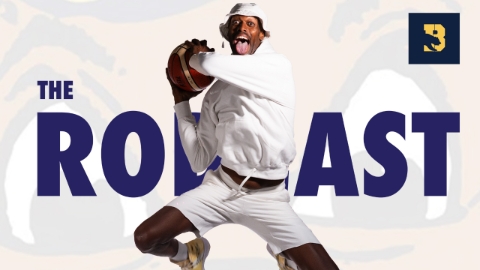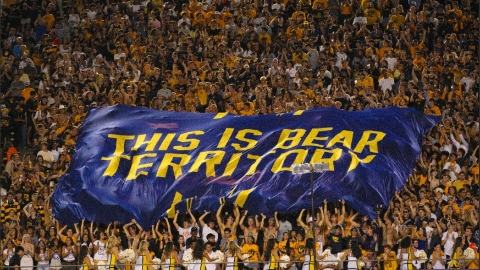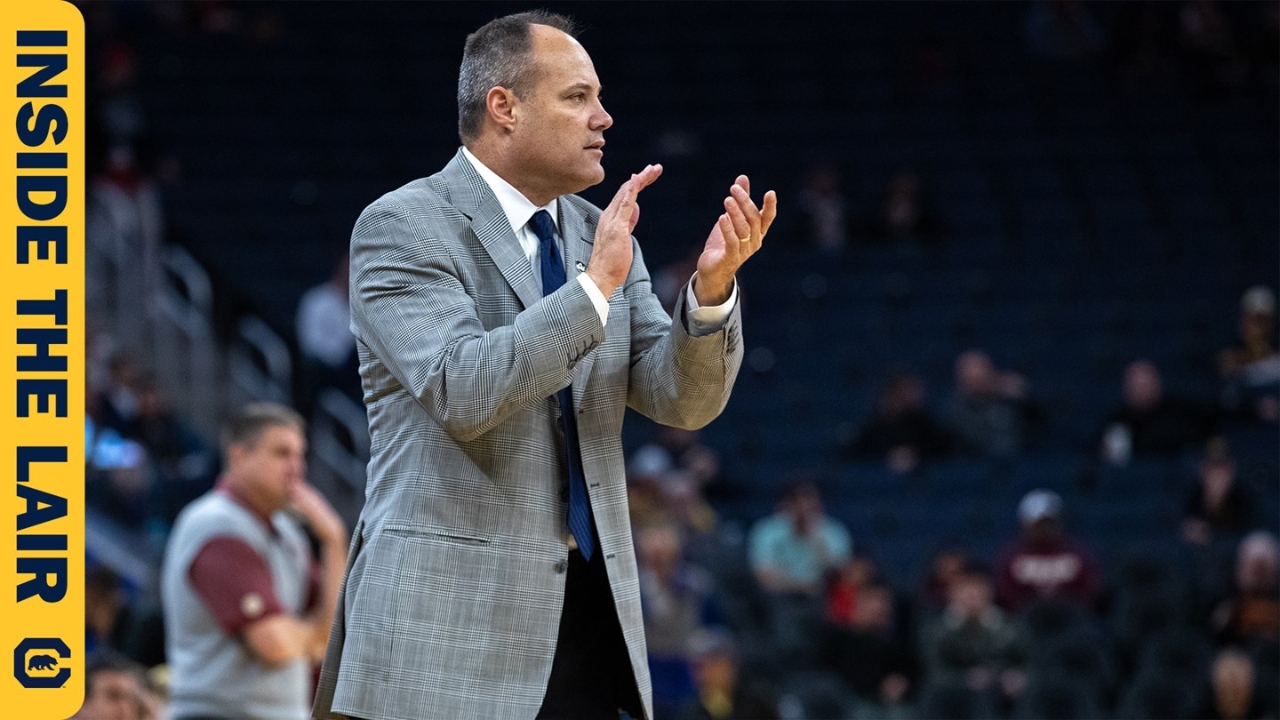
Javale McGee's two NBA championship rings are nice, sure.
Ramon Sessions made his hay as an NBA journeyman for more than a decade.
Those aren't the things that Mark Fox thinks about when he remembers his former players.
He thinks about Juglife Foundation, the philanthropy McGee started to bring clean, safe drinking water to underdeveloped regions across the globe. He thinks about the hundreds of thousands of dollars Sessions has donated to his hometown community in Myrtle Beach, South Carolina, and the dozens of kids' camps he's conducted through the years.
When Fox thinks about his former players with pride, he remembers when they call to check in on him and his team, or tell him they got a new job, or invite him to their weddings.
"It's when they show appreciation for the impact you made on their life. That's the best part of it," Fox said. "They learn how to impact the world by being a good person and showing up every day. I've been fortunate enough to have a ton of great kids."
Thankfully, it's not a rare occurrence for the new Cal men's basketball coach, who has spent 15 seasons as an NCAA head coach and has made player development on and off the court a staple of his programs. In 2012, he was ranked as the No. 1 player development coach in the nation by RealGM.com, and his players – like McGee and Sessions -- have gone on to earn more than $100 million in the NBA while also earning recognition for the work in their communities.
"Player development is just a fancy way to say that if you make your players better, your team is going to be better." Fox said. "It's really character development – teaching them how to give an honest day's effort every single day to function and develop habits that will contribute to success later in life. You have to contribute to them impacting society positively, and developing habits that allow them to be successful students will allow them to be successful employees one day.
"Being a winner is not a part-time thing. It's an all-the-time thing," Fox added. "It doesn't mean you're not going to have losses or make mistakes along the way, but your approach is a full-time way of life. You don't just flip the switch when you put your sneakers on. I've always believed you expect that and demand that from your players."
It's an approach that Fox has believed in since he was in elementary school, when he realized he wanted to become a basketball coach. Raised in Garden City, Kansas, he grew up watching the likes of Purdue legend Gene Keady, longtime college basketball staple Eddie Sutton and Hall of Famer Dean Smith – all Kansas natives. He was the youngest of three boys – all of whom played sports -- and Fox's dad was a high school basketball coach for part of his childhood.
"I loved the game," Fox said. "That was back when there wasn't a game on every night, and it was an event when there was a game on. I fell in love with it."
It's also an approach that comes from a family home that was rooted in traditional Midwestern values.
"I grew up in a home where hard work was valued," Fox said. "Living your life the right way was valued. Helping people when you have an opportunity to help people was important. Giving people an honest effort. Real simple Midwestern values, quite frankly."
As Fox earned collegiate assistant coaching jobs -- first under Lynn Nance at Washington, then Tom Asbury at Kansas State and finally Trent Johnson at Nevada – he continued to build on his full-time, all-in approach.
"I was fortunate to be exposed to the comprehensive way of how to manage a program and coach a team to develop young talent," Fox said. "I was exposed to different styles of play but very similar philosophies in the holistic approach to how this job should be done. Along the way, they always encouraged development and the ability to spend time and study with great coaches. Those times have been very impactful on my development."
Fox's time with Johnson was so pivotal on his own development that for one of his first hires at Cal, Fox brought on his former boss to serve as the program's deputy analyst and director of player development. Together, the duo is leading the way for a program looking to rebuild and reach excellence in every facet.
Fox is quick to admit that the road is long. Every little thing matters – from dribbling and passing to nutrition and how the team represents itself when traveling. As he often emphasizes in practice, "When you understand the consequences of little things, you understand there's no such thing as little things."
Despite the difficult tasks at hand, Fox is seeing the buy-in he's called for. Guys such as Grant Anticevich, who played sparingly in his first two seasons at Cal, are contributing major minutes for the Bears, and Matt Bradley, who led the Pac-12 in 3-point shooting as a freshman, has continued to develop his stellar play under Fox.
"It has really been everything," Anticevich said. "He has just taught both myself and the whole team so much on the court, especially what it takes to be successful at a high level, as well as mentored us to be just as successful off the court in all aspects of our lives."
Fox knows the battles ahead won't be easy, but he's taken the approach of fighting forward with the team.
"They all want to have a future," Fox said. "You have to be willing to partner and dig in the foxhole with them and show them a path to their future, and that you're willing to help them. You can't be afraid to be honest with them. You can't be afraid to sweat with them. You can't be afraid to love them. You can't be afraid to partner with them and really invest in their individual future.
"Most kids - if not all - are focused on the short-term experience of basketball -- where it can take their life when they're playing it. As a coach, your responsibility is to make sure you're preparing them for the 40 or 50 years after that. I'm not afraid for them to be mad at me for a couple of days because I held them to a higher standard. What I don't want is for them to be mad at me in 20 years because I didn't push them, and I allowed them to underachieve."
*This feature originally appeared in the Winter edition of the Cal Sports Quarterly. The Cal Athletics flagship magazine features long-form sports journalism at its finest and provides in-depth coverage of the scholar-athlete experience in Berkeley. Printed copies are mailed four times a year to Bear Backers who give annually at the Bear Club level (currently $600 or more). For more information on how you can receive a printed version of the Cal Sports Quarterly at home, send an email to CalAthleticsFund@berkeley.edu or call (510) 642-2427.
